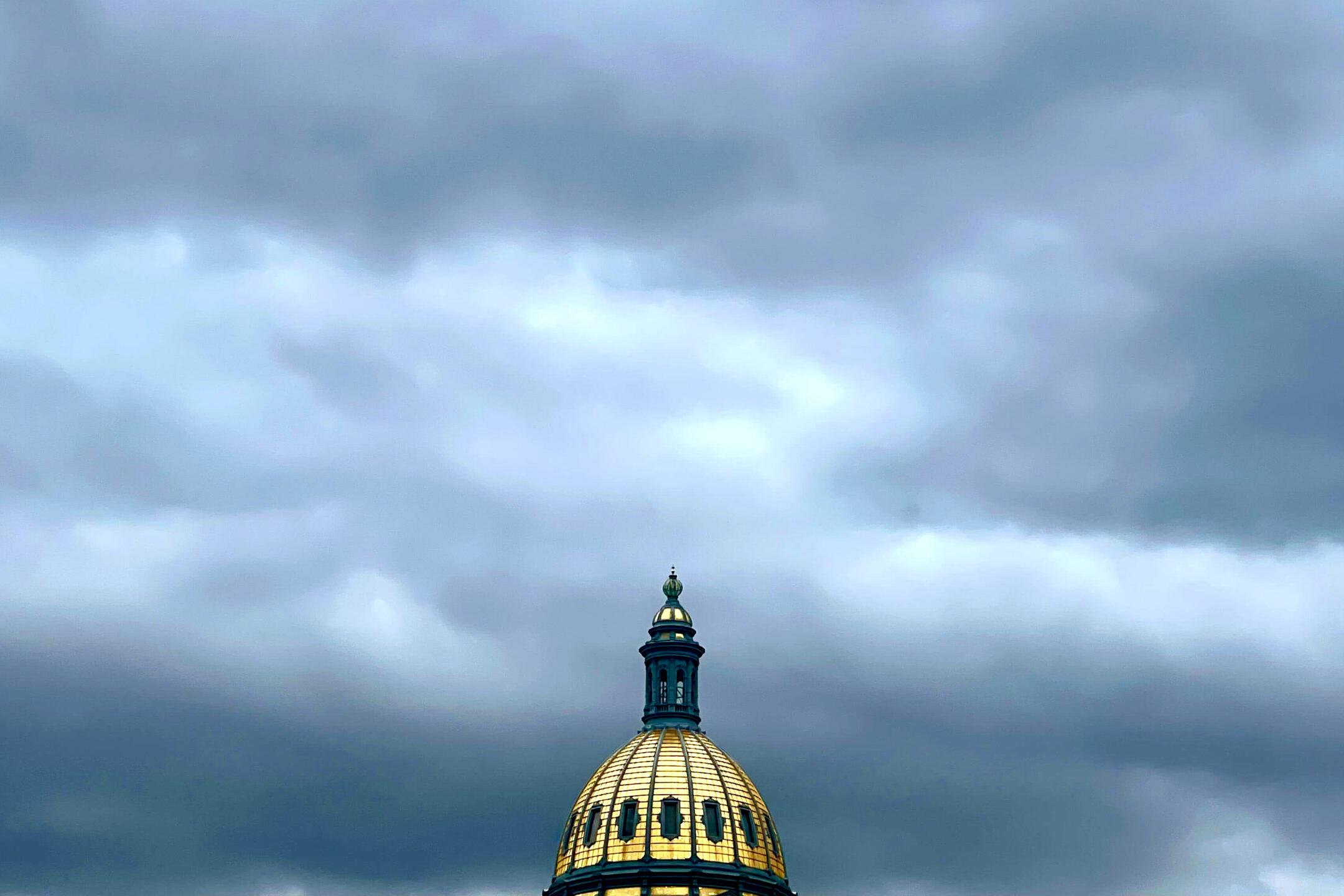Domestic issues are the focus of tonight’s presidential debate at the University of Denver and it’s almost certain President Obama and Governor Romney will be asked about the nation’s debt. That’s an issue more and more people are talking about and there's a growing, bipartisan coalition trying to pressure political leaders into seriously joining the conversation.
The US debt currently stands at $16-trillion. That breaks down to about $50,000-55,000 for every single person in America. And Sharon Lassar, head of DU's School of Accountancy says the situation is much worse when you look at future obligations, for Social Security and Medicare.
"If you cash out everything you own," says Lassar, "your house, your car, your jewelry, shake out the couch cushions for change, everything that the country owns, our household wealth in the country is not big enough to pay off the promises that we have made when you consider the Medicare and Social Security unfunded liabilities."
The U.S. has carried some level of debt since before the Civil War. But it really started climbing in last decade or so. That’s when you get the Bush tax cuts, followed by the post-9/11 recession, two wars, the Medicare prescription drug benefit, another recession, and the massive stimulus package. With each new expense, the government must spend more on debt service and less on critical services.
The bipartisan organization Fix the Debt is one of the groups trying to tackle this problem, and will be taking part in DebateFest, DU's pageant of ideas, on Wednesday. To learn more about the issue and how likely politicians are to adopt a full solution, host Ryan Warner talks with one of the people shaping this conversation, Maya Macguineas from the Committee for a Responsible Federal Budget.
Try your hand at fixing the federal debt, check out the Budget Simulator.
Robert J Samuelson's Washington Post Editorial: The Truth Deficit From Both Campaigns
What would you be willing to give up, in terms of tax loopholes or government services you use, to help reduce the federal debt? Tell us on our Facebook page.









